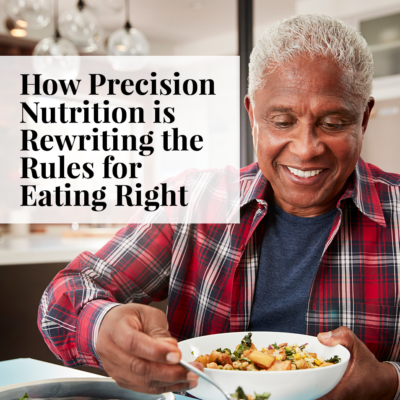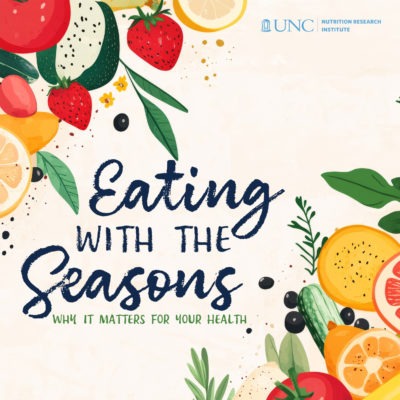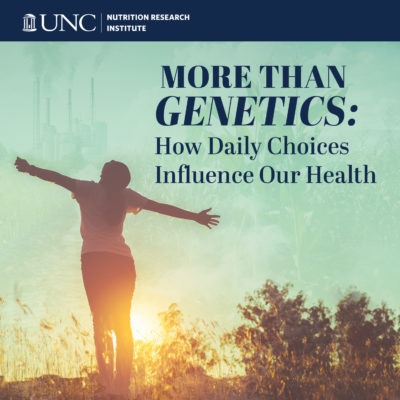Microbiome and Nutrition
The complex community of bacteria, yeasts and viruses living in our intestines, collectively known as the gut microbiome, is shaped, in part, by what we eat. Genetics, environment, and other factors also influence an individual’s microbial community. Research at the NRI investigates these complex relationships and their impact on disease risk. We use animal models and bioinformatics to study the associations between nutritional metabolites, gut microbiome, and health. What happens in the gut doesn’t stay in the gut. Your microbiome can play a role in cardiovascular disease, obesity and diabetes, and even cancer. Our team envisions a future where analysis of your microbiome can determine disease risk, and medical foods can be prescribed to treat and prevent disease by regulating the microbiome.
Publications
Microbiome and Nutrition Publications
2020
Population studies of TMAO and its precursors may help elucidate mechanisms. Meyer K
2019
Association of dietary patterns with the gut microbiota in older, community-dwelling men. Meyer K
2018
Meta-analysis of human genome-microbiome association studies: the MiBioGen consortium initiative. Meyer K
Human microbiota, blood group antigens, and disease. Sumner S
2017
Trimethylamine N-Oxide, the Microbiome, and Heart and Kidney Disease. Zeisel S
2016
Diet and Gut Microbial Function in Metabolic and Cardiovascular Disease Risk. Meyer K
Antibiotic-mediated gut microbiome perturbation accelerates development of type 1 diabetes in mice. Sumner S
Related News
No More One-Size-Fits-All Diets: How Precision Nutrition Could Rewrite the Rules of Eating Right
Bryan Munoz, PhD, has a message for anyone who’s ever been tempted by the latest diet craze: be skeptical. “Let’s be honest, we’ve all heard it,” said Munoz, a research assistant in the Tate Lab at the UNC Nutrition Research Institute. “Eat like a caveman! Go...
Easy Ways to Drink More Water
This article originally appeared on UNC Health Talk, July 2018. You might be tired of people telling you — or even telling yourself — that you have to drink more water. In recent years, staying hydrated has become all the rage, complete with special goal water...
Eating with the Seasons: Why It Matters for Your Health
When you shop at the farmer’s market, you're doing more than supporting local growers – you’re nourishing your body with foods harvested at their peak. Seasonal eating isn't just a trend; it's rooted in science. At the UNC Nutrition Research Institute (NRI), we study...
SPM Active® Supplementation
Study Purpose:
The purpose of this study aims to explore the effects of SPM Active®, an omega-3 polyunsaturated fatty acid (n-3 PUFA) dietary supplement, on adults with obesity.
Recruitment Requirements:
• Adults age 25-65
• BMI 30-40
• If you smoke, are allergic to fish, or take medication for diabetes, asthma or any autoimmune disease, you do not qualify.
The Polybar Study
We are studying how consuming a protein bar with polyphenols as a daily functional snack can support metabolic health.
More Than Genetics: How Daily Choices Influence Our Health
As the field of translational exposomics gains momentum, the UNC Nutrition Research Institute (NRI) stands at the forefront of research exploring how nutrition interacts with our environment and genes to influence lifelong health. A recent publication in Human...







